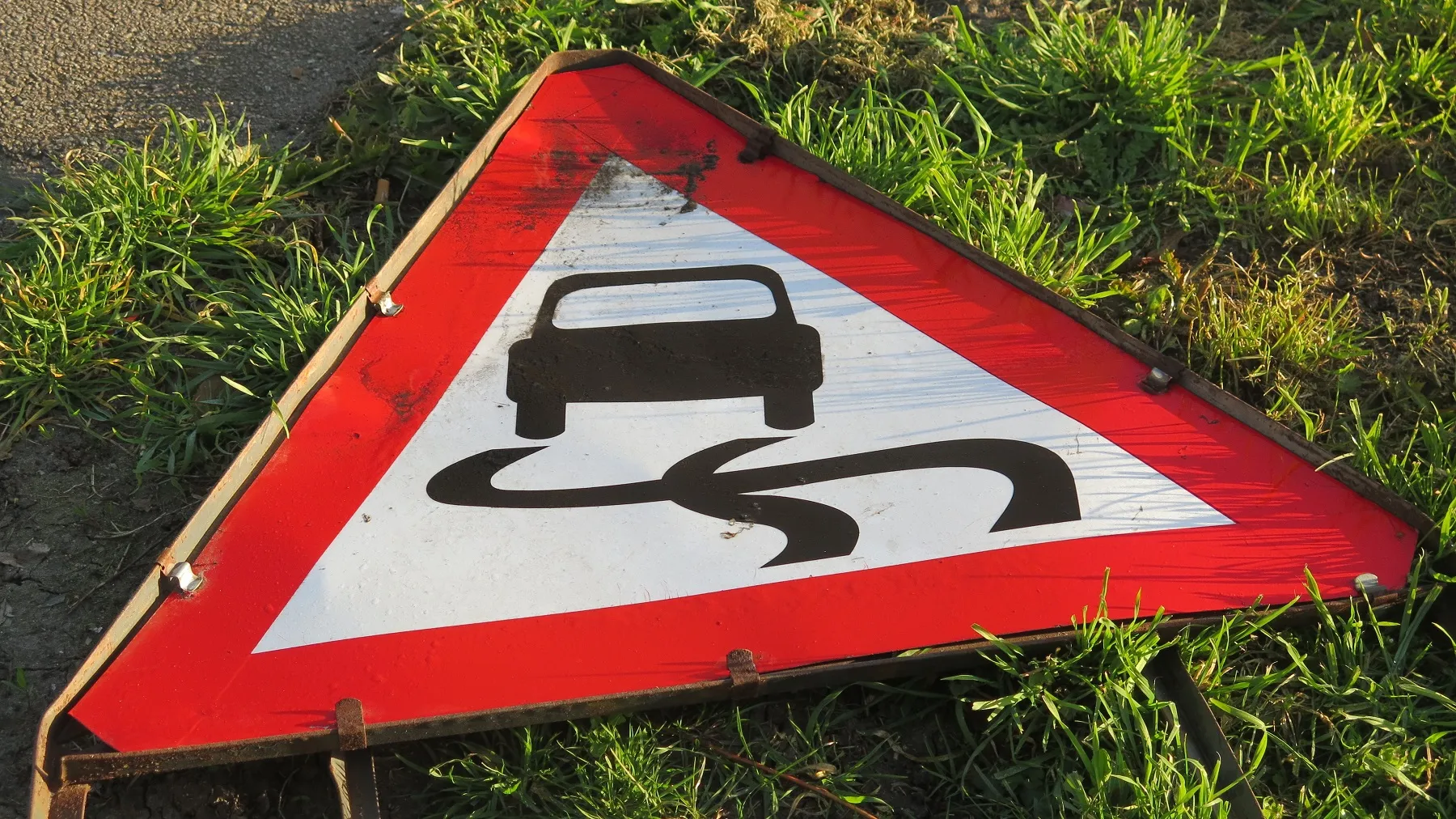
Government officials and United Nations representatives from dozens of countries met for the first-ever UN High-Level Meeting on Road Safety, held in New York City.
The goal was to ensure the 2030 vision to eliminate high-risk roads and secure a decade of action and delivery by national governments.
Recognising the unacceptable scale of road trauma globally, they committed to an increase in investment and action to ensure that the Sustainable Development Goal to halve road deaths and injuries by 2030 is met.
Ensuring the Global Plan for the Decade of Action is embraced and implemented at a national level was highlighted by many, including the need to meet Targets 3 and 4 for safer road infrastructure for all road users.
Target 3 states that by 2030, all new roads will achieve technical standards for all road users that take into account road safety or meet a three-star rating or better.
Meanwhile, Target 4 states that by 2030, more than 75% of travel on existing roads will meet technical standards for all road users that take into account road safety.
Rob McInerney, iRAP chief executive, and global strategic projects director Julio Urzua met with ministers and delegations to support their ongoing efforts to target high-risk roads, set policy targets for 3-star or better new and existing roads, provide the business case for safer roads and invest in the proven treatments that can save lives and reduce injuries.
“Building on the iRAP partnerships that now extend across more than 100 countries worldwide and an associated $80 billion of investment made safer, the event provided the opportunity for delegations to share success and inspiration for what is possible as leaders committed to securing a decade of action and delivery for road safety,” said McInerney.
The meeting was attended by heads of state, ministers and member states’ representatives of Permanent Missions to the United Nations, as well as select road safety non-government organisations and stakeholders, granted attendance by application.
It resulted in a political declaration and, based upon provisional analysis by the Global Alliance of NGOs for Road Safety, the presentation of 73 Statements by Member States sharing the road safety progress of their countries.
Of those, 60 mentioned a national strategy, 58 mentioned an explicit or implied target to reduce road deaths and 14 mentioned a budget allocation.
More information about the work of iRAp can be found by clicking here.







